Introduction
When it comes to healthy aging, few pet parents realize just how importent hydration in dog food really is and why hydration is key for senior dogs. As dogs grow older, their natural thirst drive decreases, which means they often drink less water than their bodies actually need. This hidden dehydration can slowly affect their energy, digestion, kidney health, and even their mobility.
Think of it this way: just as humans rely on water to keep joints lubricated and organs functioning, senior dogs depend on proper hydration to stay active, comfortable, and alert. Without enough moisture in their diet or water in their daily routine, small health issues can quickly turn into bigger problems.
In this guide, we’ll explore why hydration is key for senior dogs, how food choices (wet vs. dry) play a role, practical tips to keep your pup drinking more, and even safe hydration supplements that can support their long-term health and longevity.
By Seniordog-care.
This post may contain affiliate links. If you buy through these links, I may earn a small commission at no extra cost to you. As an Amazon Associate, I earn from qualifying purchases.
Table of Contents
Why Senior Dogs Struggle With Hydration
Many pet parents are surprised to learn that senior dogs dehydration is extremely common. As dogs age, their bodies process water differently, and their instinct to drink often diminishes. This means that even if a water bowl is always available, older dogs may not be meeting their hydration needs.
Here are the main reasons why senior dogs often struggle with proper hydration:
- Reduced Thirst Drive
Just like in elderly humans, senior dogs may not feel thirsty as often. This reduced thirst drive makes it easy for them to become mildly dehydrated without obvious warning signs. Over time, this can impact their energy levels and overall health. - Medication Side Effects
Many older dogs are prescribed medications for arthritis, heart disease, or other age-related conditions. Certain drugs act as diuretics, which means they cause increased urination and fluid loss. Without compensating with more water or hydrating foods, this can accelerate dehydration. - Underlying Health Issues
Conditions such as kidney disease, diabetes, or Cushing’s disease are more common in senior dogs and directly affect hydration. For example, kidney disease often causes dogs to urinate more frequently, which makes it harder for them to maintain proper fluid balance. - Mobility Challenges
Dogs with stiff joints or arthritis may find it harder to get up and walk to their water bowl throughout the day. This is especially true for dogs living in larger homes or multi-story houses. In these cases, dehydration is more about accessibility than thirst. - Environmental Factors
Warmer temperatures, indoor heating, or even long walks can all cause an increase in fluid loss. Senior dogs are less efficient at regulating their body temperature, making hydration even more critical.
Recognizing these risk factors early is key. By understanding why hydration is harder for senior dogs, you can take simple steps — like adjusting their food or offering flavored water — to keep them healthy and comfortable.
The Role of Hydration in Senior Dog Health
Proper hydration for senior dogs does much more than quench thirst — it supports almost every system in the body. When an older dog stays hydrated, you’ll often notice they have more energy, better digestion, and even improved mobility. In fact, studies link good hydration to longer, healthier lives, which is why many vets stress the importance of water and moisture-rich food in senior dog nutrition.
Here’s how staying hydrated impacts your dog’s health and longevity:
- Improved Digestion
Adequate water intake helps break down food and absorb nutrients more efficiently. Dehydrated dogs often experience constipation or irregular bowel movements, which can make them uncomfortable and less active. - Kidney & Urinary Tract Health
Senior dogs are more prone to kidney disease, a condition that worsens with dehydration. Proper hydration helps flush toxins from the kidneys and reduces the risk of urinary tract infections, which are painful and can lead to more serious complications. - Joint Lubrication & Mobility
Water is essential for joint lubrication. Dogs suffering from arthritis or stiff joints will often move more comfortably when their hydration levels are maintained. A hydrated senior dog may be more willing to go for walks or climb stairs compared to a dehydrated one. - Healthy Skin & Coat
Dehydration often shows up on the outside as dry skin, dandruff, or a dull coat. With proper hydration, a dog’s skin retains elasticity and their coat looks shinier, signaling better overall health. - Hydration and Longevity
Just as in humans, hydration is closely tied to quality of life and lifespan. Dogs that consistently receive enough fluids are less likely to suffer from chronic health problems and can enjoy a more active, comfortable old age.
Simply put, keeping your senior dog hydrated isn’t just about preventing thirst — it’s about protecting their organs, joints, and long-term well-being.
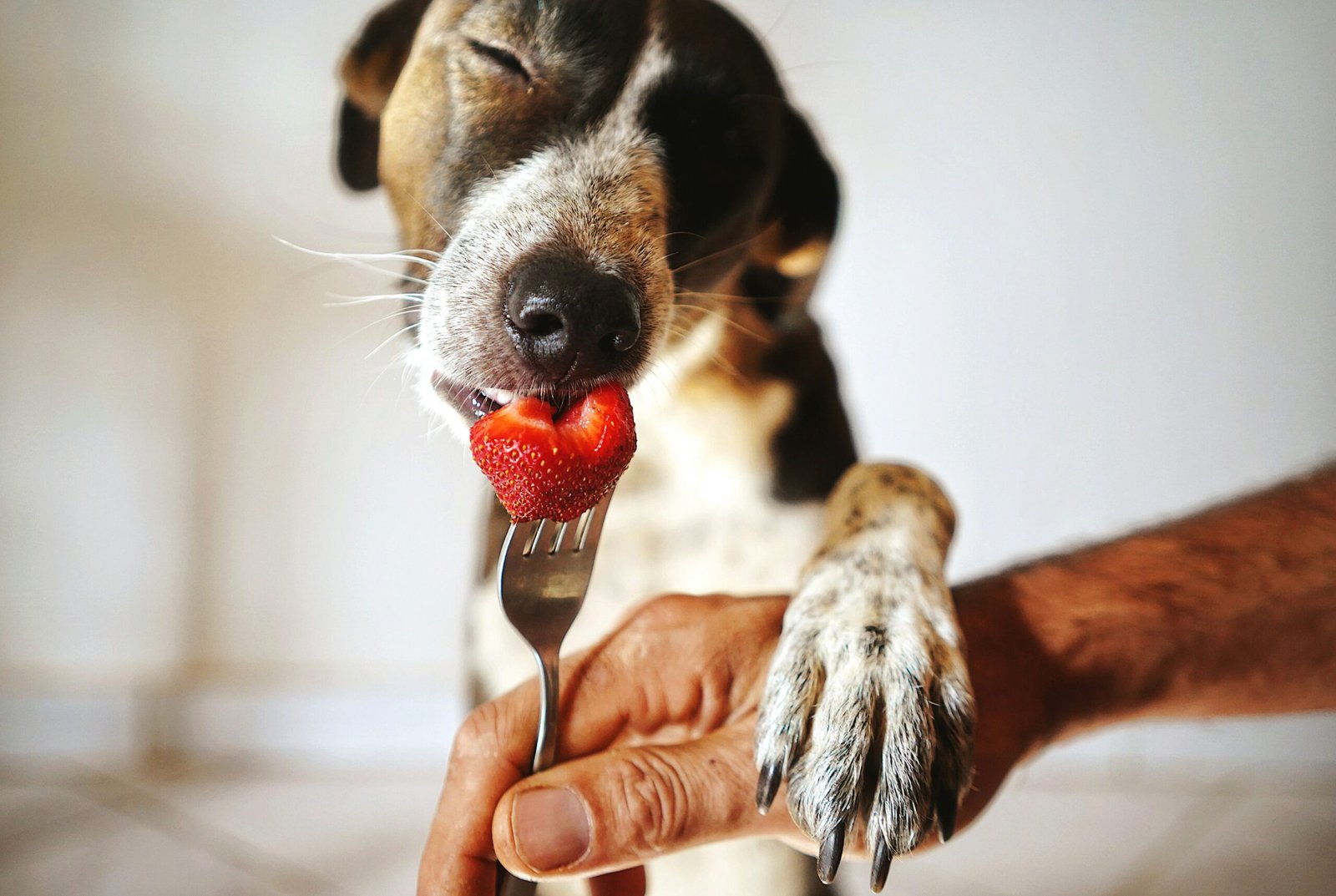
Hydration in Senior Dog Food – Wet vs. Dry
When it comes to supporting hydration for senior dogs, what they eat can be just as important as how much they drink. Food plays a major role in fluid intake, and understanding the difference between wet food for senior dogs hydration and dry kibble can help you make smarter choices for your aging pup.
Here’s a breakdown of how each option impacts hydration:
- Wet Food for Senior Dogs
Wet or canned food typically contains around 70–80% moisture, making it a natural way to increase water intake. For dogs that don’t drink enough on their own, wet food can help prevent senior dog dehydration. It’s also softer, which is easier on sensitive teeth and gums — another bonus for aging dogs. - Dry Food (Kibble)
Kibble usually contains only 10–12% moisture. While it provides great dental benefits and is often more affordable, it doesn’t significantly contribute to hydration. For this reason, senior dogs who eat only dry food may need additional water or hydration boosters mixed into their meals. - Mixing Wet and Dry Food
Many vets recommend a combination approach. By mixing wet food with kibble, you can give your dog the dental and budget-friendly benefits of dry food while adding the hydration boost of wet food. Plus, most dogs find the combination more palatable, which helps with picky senior eaters. - Adding Water to Dry Food
Another simple strategy is to soak kibble in warm water or low-sodium broth before serving. This not only increases fluid intake but also softens the food, making it easier for older dogs with dental issues to chew.
The bottom line: when it comes to dry vs wet senior dog food, wet food clearly wins for hydration, but a mixed approach often works best for balancing hydration, dental health, and cost.
How to Encourage Better Hydration at Home
Even with the right food, some older dogs still don’t drink enough on their own. That’s why knowing a few ways to keep senior dogs hydrated can make all the difference in their daily comfort and long-term health. With small adjustments, you can encourage better drinking habits and help your dog stay hydrated without stress.
Here are some of the most effective hydration tips for older dogs:
- Offer Multiple Water Bowls
Place bowls in different rooms so your senior dog never has to walk far to get a drink. This is especially helpful for dogs with mobility issues who may avoid climbing stairs or crossing large spaces. - Try a Pet Water Fountain
Many older dogs are more interested in moving water than a still bowl. A fountain keeps water fresh, cool, and appealing, encouraging frequent drinking throughout the day. These options on Amazon are popular among senior dog owners. - Add Flavor to Water
A splash of low-sodium chicken or beef broth can make water more enticing. Just make sure it’s free from onions, garlic, or added salt, which are unsafe for dogs. This trick is especially effective for picky senior drinkers. - Mix Water Into Meals
Whether your dog eats kibble or wet food, adding a bit of warm water or broth can increase moisture intake. For seniors, this also softens food, making it easier to chew and digest. - Offer Frozen Hydration Treats
Freeze broth, plain yogurt, or water with small treats inside. These DIY “pupsicles” provide hydration while also keeping your dog entertained and cool. - Monitor Water Intake Daily
Keep an eye on how much your dog is drinking. A sudden drop in water consumption may be an early sign of health issues like kidney disease or arthritis-related pain that makes moving difficult.
By turning hydration into a routine, you’ll help your senior dog feel more energetic, more comfortable, and even more youthful in their golden years. For making the best food at home for your senior dog, you need the Foodmaker from Innovet pets.
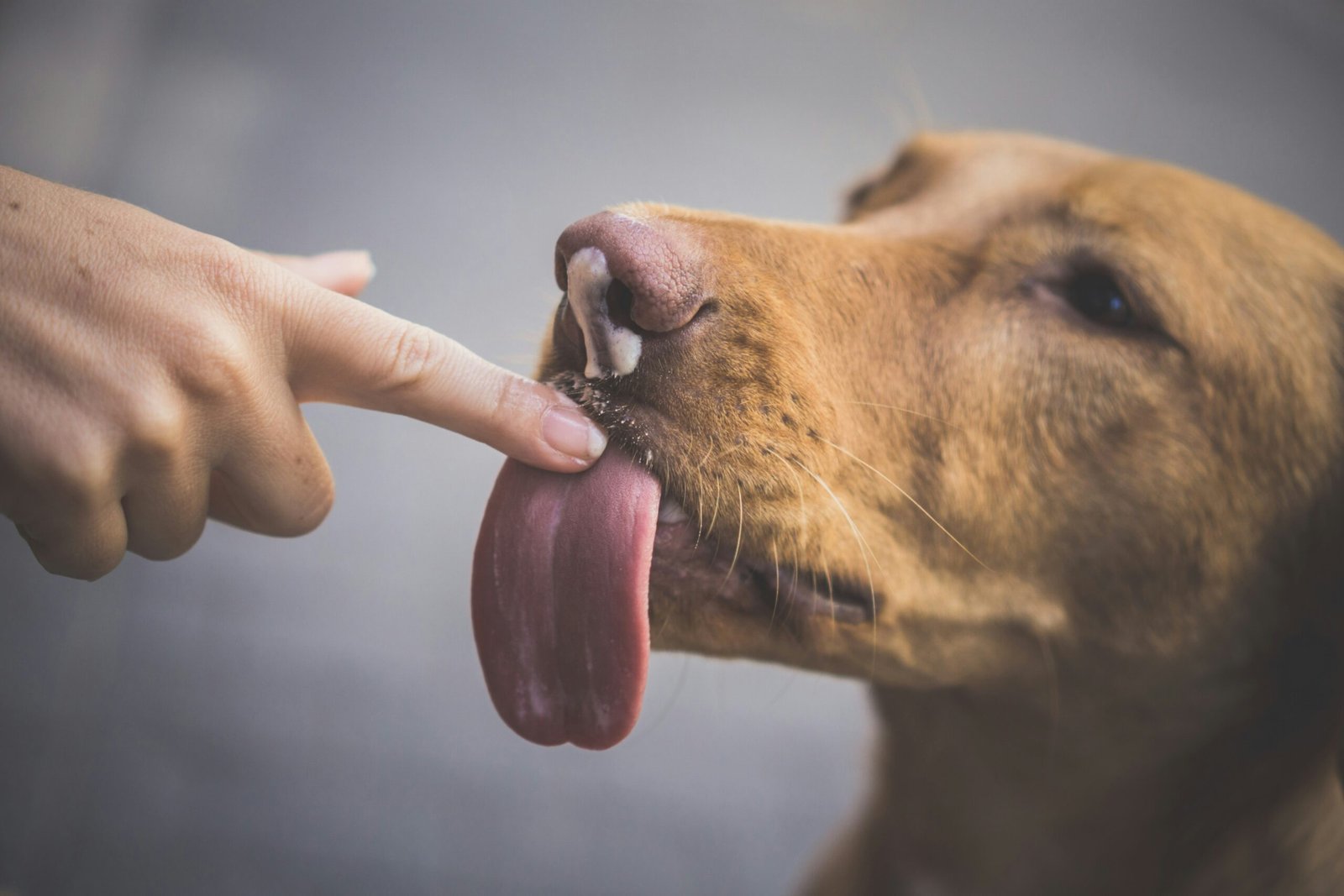
Supplements & Special Diets That Support Hydration
Sometimes, even with wet food and at-home hydration tricks, senior dogs may need a little extra support. Certain hydration supplements for dogs and specially formulated diets can help maintain fluid balance, support kidney function, and make drinking easier.
Here are some options that work well for older dogs:
- Electrolyte Powders
These powders help replace lost fluids and minerals, especially after exercise or during hot weather. Simply mix with water or add to meals to ensure your dog stays hydrated without forcing them to drink more. - Bone Broth Toppers
Adding bone broth to food or water can increase fluid intake while providing additional nutrients. Make sure to choose low-sodium or unsalted versions to avoid kidney strain.
Convenient choices: Amazon bone broth toppers options. - Moisture-Rich Wet Food Blends
Some senior dog formulas are designed with extra moisture, perfect for dogs who drink little on their own. These blends help prevent dehydration while still offering balanced nutrition.
Example: high-quality Amazon senior wet foods. - Hydration Gummies or Chews
Certain chewable supplements provide hydration support alongside joint or digestive benefits. They’re easy to give daily and can entice picky eaters to get extra fluids.
Gentle integration: Bailey’s CBD chews or similar hydration-focused supplements.
Pro Tip: Even with supplements, always provide fresh water in multiple locations and monitor intake. Supplements are meant to support hydration, not replace drinking water.
When to Consult a Veterinarian
While at-home hydration strategies can go a long way, there are times when professional guidance is essential. Senior dogs are more prone to dehydration-related complications, and early intervention can prevent serious health issues.
1. Persistent Dehydration
If your dog shows signs like dry gums, sunken eyes, lethargy, or excessive panting despite increased water intake, it’s time to call the vet. Persistent dehydration may indicate kidney issues, diabetes, or other underlying conditions that need immediate attention.
2. Sudden Drop in Water Intake
A noticeable decrease in drinking can signal discomfort, oral pain, or illness. Senior dogs may avoid water if their teeth or gums hurt, or if mobility challenges make reaching water difficult. A veterinarian can help identify the cause and recommend solutions.
3. Vomiting or Diarrhea
Fluid loss from vomiting or diarrhea can quickly lead to dangerous dehydration. Even mild symptoms in senior dogs can escalate faster than in younger dogs, so prompt vet evaluation is critical.
4. Chronic Health Conditions
Dogs with kidney disease, heart issues, or diabetes require close monitoring of hydration. Vets may suggest specialized diets, subcutaneous fluids, or other medical interventions to maintain proper fluid balance.
5. Changes in Behavior or Energy Levels
Lethargy, confusion, or unusual irritability can be subtle signs of dehydration or other age-related complications. Regular check-ups allow your vet to catch these warning signs early and adjust care as needed.
Pro Tip: Hydration is vital for overall senior dog health, but never replace professional guidance with at-home solutions when serious symptoms arise. Combining at-home hydration strategies with veterinary oversight ensures your dog stays comfortable, healthy, and safe.
Real-Life Story – How Hydration Transformed Bella’s Life
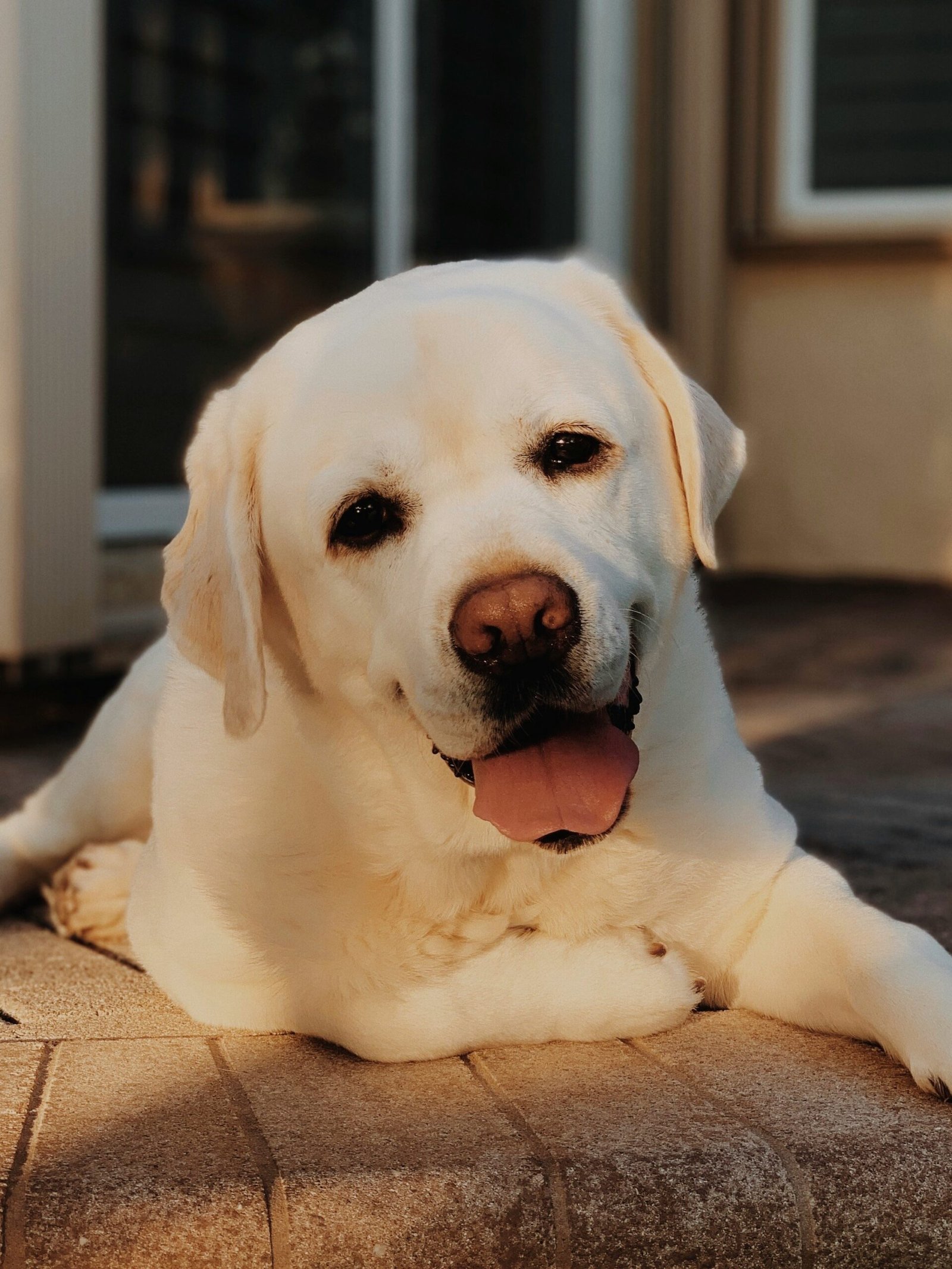
Bella, an 11-year-old Golden Retriever, had always been energetic, but her owners noticed she was slowing down. Walks became shorter, she slept more during the day, and her appetite decreased. A routine vet visit revealed mild dehydration, a common but often overlooked issue in senior dogs.
How Home Care Made a Difference
- Hydration-Focused Meals: Bella’s family switched part of her dry kibble to moist, senior-friendly wet food, helping her naturally increase fluid intake. Within a week, she seemed more alert and energetic.
- Water Accessibility: Bowls were placed in multiple locations, including near her favorite resting spots, encouraging her to drink throughout the day.
- Hydration Add-Ons: Adding small amounts of low-sodium bone broth to meals made drinking and eating more enjoyable for Bella.
The Outcome
After just a few weeks of consistent care, Bella regained her appetite, became more playful, and her coat appeared shinier and healthier. Her owners noticed that she could climb stairs and go for longer walks without showing signs of fatigue.
Takeaway: Bella’s story shows that simple hydration strategies at home — paired with monitoring and proper food choices — can significantly improve a senior dog’s energy, comfort, and overall well-being.
FAQs About Hydration for Senior Dogs
1. How much water should a senior dog drink daily?
A good rule of thumb is roughly 1 ounce of water per pound of body weight per day. Keep in mind that wet food, broth, and other hydration boosters can contribute to total fluid intake. Monitoring your dog’s water consumption helps ensure they meet their hydration needs for older dogs.
2. Can I mix water into my senior dog’s kibble?
Yes — adding warm water or low-sodium broth softens the food and increases moisture intake. This is an easy way to help dogs that may not drink enough on their own, particularly when eating dry kibble.
3. Are hydration supplements safe for senior dogs?
Many hydration supplements for dogs, like electrolyte powders or bone broth toppers, are safe when used as directed. Always check labels for ingredients and consult your veterinarian if your dog has chronic health conditions.
4. What signs of dehydration should I watch for?
Watch for lethargy, dry gums, sunken eyes, constipation, or reduced skin elasticity. Early detection and action can prevent more serious issues and help maintain energy, comfort, and health.
5. How can I encourage a senior dog to drink more?
Simple strategies include offering multiple water bowls, using pet water fountains, adding flavor with broth, and incorporating wet food or moisture-rich meals. These hydration tips for older dogs can make drinking more enjoyable and consistent.
6. Is hydration really linked to longevity?
Absolutely — proper hydration supports kidney function, joint health, digestion, and energy levels. Consistently meeting a senior dog’s hydration needs helps prevent health problems and contributes to a longer, more comfortable life.
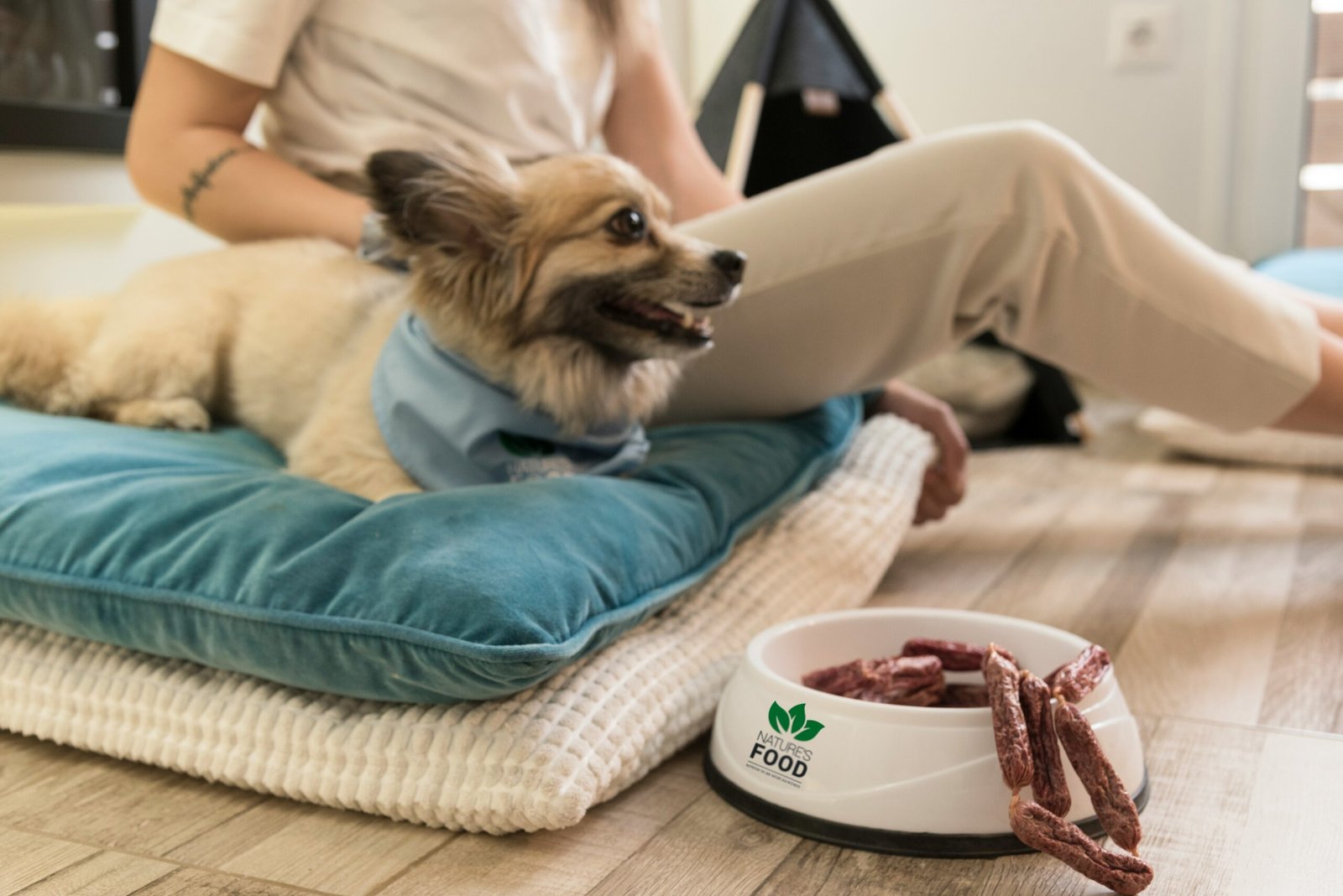
Final Thoughts
Hydration is one of the most overlooked aspects of senior dog health, yet it impacts everything from energy levels and digestion to joint function and kidney health. Ensuring your senior dog is properly hydrated doesn’t have to be complicated — small changes in diet, water access, and occasional supplements can make a dramatic difference.
By understanding why hydration is key for senior dogs and taking proactive steps, you can help your aging companion stay energetic, comfortable, and happy in their golden years. Wet food, water-rich meals, hydration boosters, and simple at-home strategies all work together to maintain proper fluid balance.
Key Takeaways:
- Monitor your senior dog’s water intake daily.
- Incorporate wet food or broth to increase fluid consumption naturally.
- Use hydration tips like multiple water bowls, fountains, or frozen treats to encourage drinking.
- Consult your vet if you notice persistent dehydration or unusual symptoms.
Take Action Today
Don’t wait for subtle dehydration signs to turn into bigger health issues. Start adding simple hydration strategies to your senior dog’s routine and watch their energy, mobility, and overall well-being improve.
Sources
- American Kennel Club (AKC) – Senior Dog Health & Hydration: https://www.akc.org/expert-advice/health/
- PetMD – Senior Dog Hydration and Health: https://www.petmd.com/dog/nutrition
- VCA Hospitals – Senior Dog Care & Dehydration: https://vcahospitals.com/know-your-pet/
- The Spruce Pets – Hydration for Older Dogs: https://www.thesprucepets.com/
- Association of American Feed Control Officials (AAFCO) – Dog Nutrition Guidelines: https://www.aafco.org/
- PetMD – Wet vs Dry Food for Senior Dogs: https://www.petmd.com/dog/nutrition/wet-vs-dry-dog-food
- Veterinary Partner – Hydration and Senior Dog Health: https://veterinarypartner.vin.com/
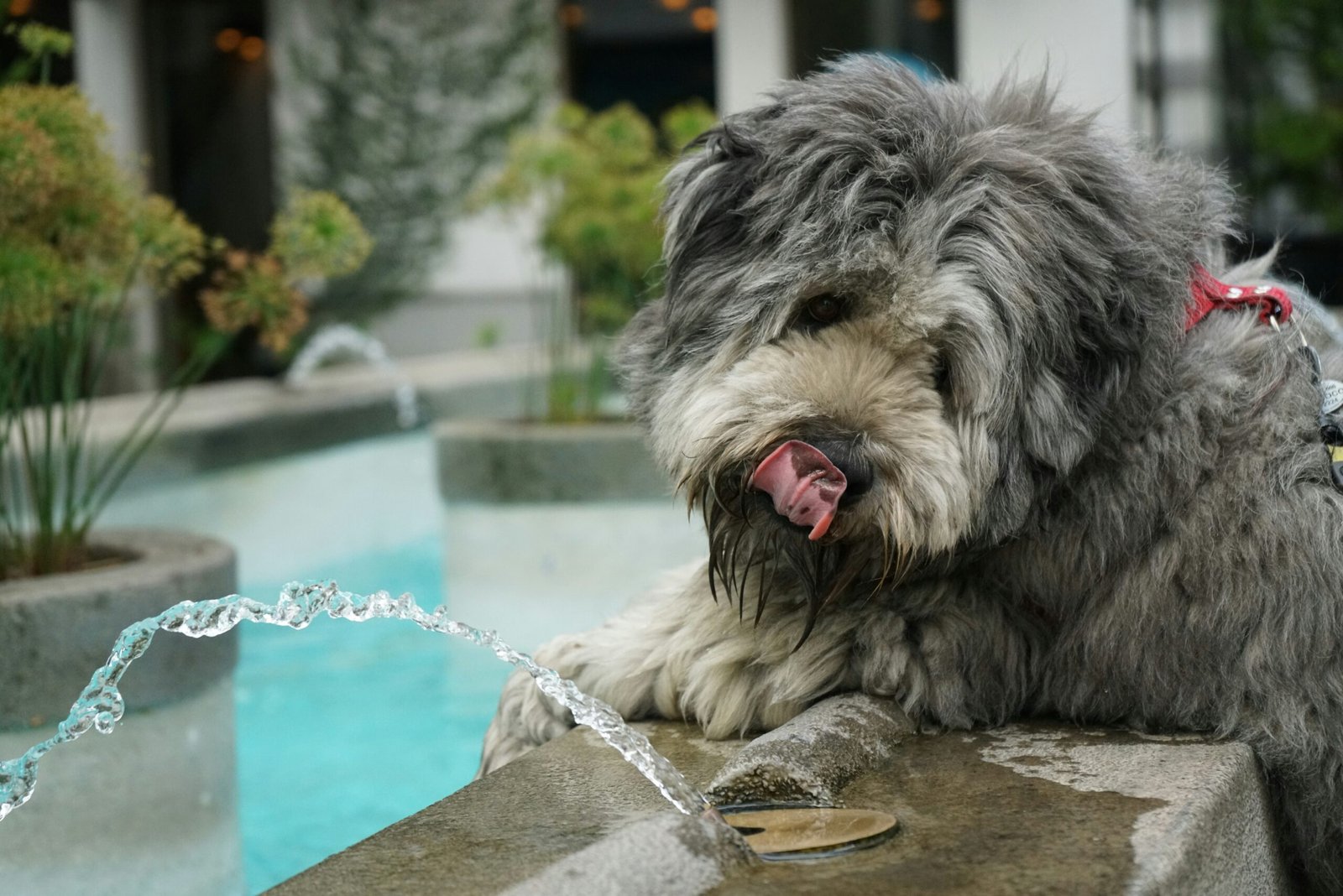
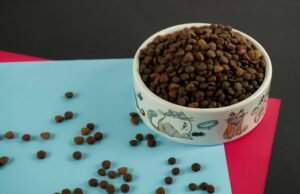


Pingback: How to Mix Wet and Dry Dog Food: Vet-Approved Feeding Guide (2025)